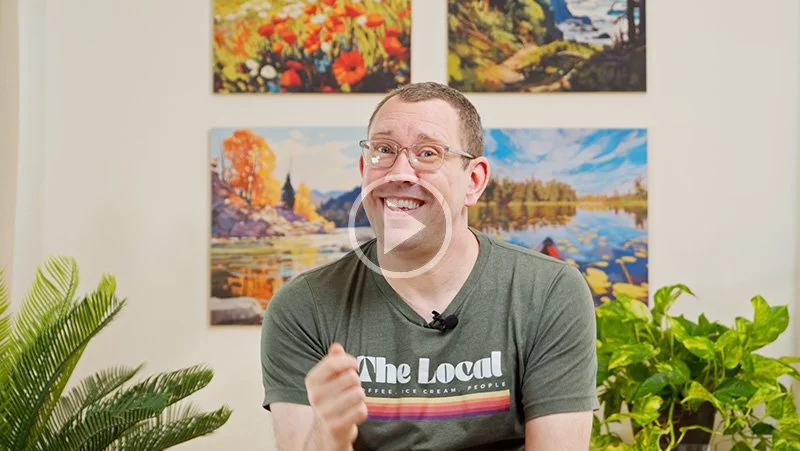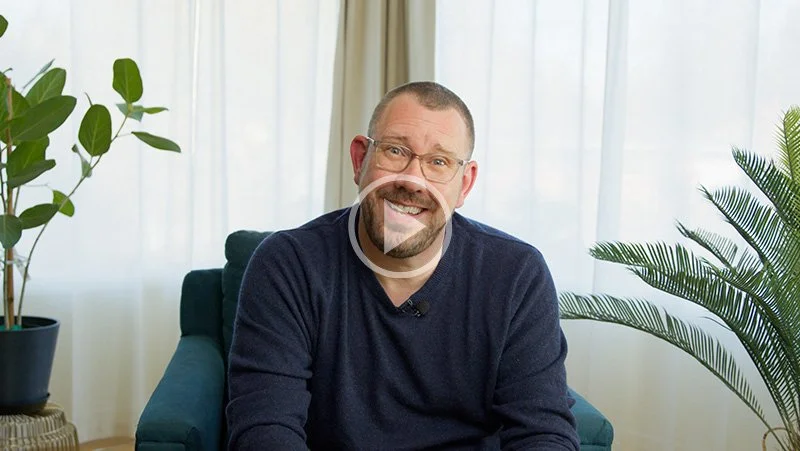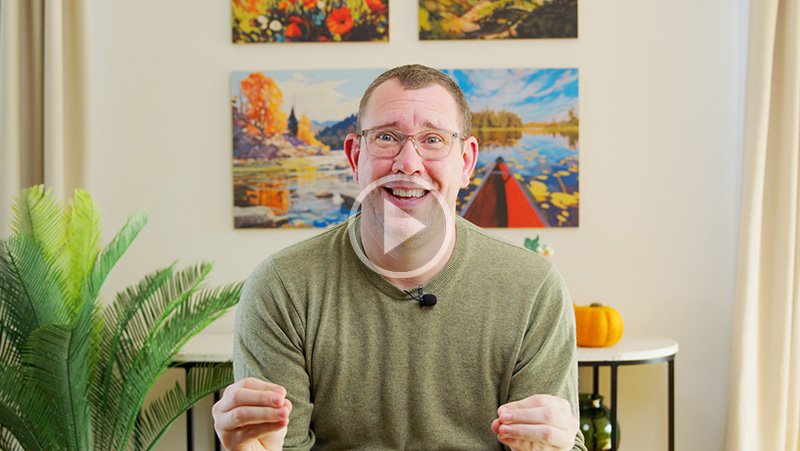4 Keys to Saying 'No' (Kindly)
Welcome to the #culturedrop. Every Tuesday, Galen Emanuele emails tools to advance leadership skills, team culture, and personal growth. No spam, just great content. Sign up now to get it in your inbox.
How to deliver a no as a leader, as a colleague, as a human being.
What is an effective way to deliver a no without squashing morale or damaging the relationship?
Especially important in business, if somebody brings you an idea or suggestion and you have to deliver a "no," how do you do that in a way that doesn't damage the relationship?
There are four elements, mindsets, pieces of this that are really critical:
1. The relationship comes first.
This is a mindset.
“If the relationship is your top priority, that will dictate the way that you treat this person and the words that you choose.”
No matter what, when someone brings me an idea, if I don't like it or it's not feasible or it’s something we can't do, it's really important to remember that no matter what the outcome is, this relationship comes first.
If that is your objective, if that's your priority, that will dictate the way that you treat this person and the words that you choose.
2. Ask and understand.
This is #2, but it’s the first actionable step (tricky, tricky).
When somebody has a suggestion or an idea, before you respond, make sure you’re talking about the same thing and you’re really on the same page.
The phrase "Tell me more about that" is one of my absolute favorites to use here.
“Listen, and listen with the intent to really understand.”
Dig deeper. Especially if you don't necessarily like the idea at first light, or it seems out of left field, start with, "Tell me more about why you think that's a good idea. What does it solve for us? Let me understand where you're coming from or the objective behind that," before I have an opinion.
Listen, and listen with the intent to really understand.
3. What is possible here?
Before you deliver a no, ask yourself, “Is there any way possible to say yes?”
“Before you deliver a no, ask yourself, ‘Is there any way possible to say yes?’”
Is there a way that you can say yes to part of this idea or a different version of this idea now that you've asked them some questions, or gotten to the heart of what they’re trying to solve for?
Maybe the idea is halfway there, but what they’re shooting for as an end result is something that’s possible if we go about it in another way.
Make sure you’re putting your creative brain power into the right places:
Instead of: "Here's all the reasons that won't work…”
Reframe: "If we had to do that, how could we go about it? Is there any way possible that we could say yes to this, that this could be possible, that we can find a way to make this happen based on the objective of the idea, not necessarily the idea at face value?"
4. It's never just no, period.
This means: If there is no way to say yes and we actually have to deliver a no, it’s never just no, period.
This is how you can say yes to the person, even when it's no to the idea:
Be intentional about your language:
I appreciate this conversation, I appreciate the idea, what you're trying to solve for, here are the barriers for that. These are the reasons that that doesn't work, and this is why.
Wrap up with some transparency:
There’s a lot that goes into the consequences of these conversations. Especially if you’re a leader, you’re trying to preserve that relationship, you don’t want to damage morale, and you want people to continue to bring ideas to you.
“If you’re afraid that you’re going to hurt somebody’s feelings or they won’t want to share ideas with you anymore, share that with them.”
It's really important to use language like, "Hey, I know that's not the outcome that you wanted, I want you to bring ideas to me, I value your opinion, and I'm not always going to be able to say 'Yes' to everything in the world. But I just want you to know I appreciate you. Thank you. Please continue to share your ideas with me."
Be transparent about that.
If you're afraid that you're going to hurt somebody's feelings or they won’t want to share ideas with you anymore, share that with them.
It's okay to be vulnerable, especially as their leader.
Want more?
This article was created by Galen Emanuele for the #culturedrop. Free leadership and team culture content in less than 5 minutes a week. Check out the rest of this month's content and subscribe to the Culture Drop at https://bit.ly/culturedrop







